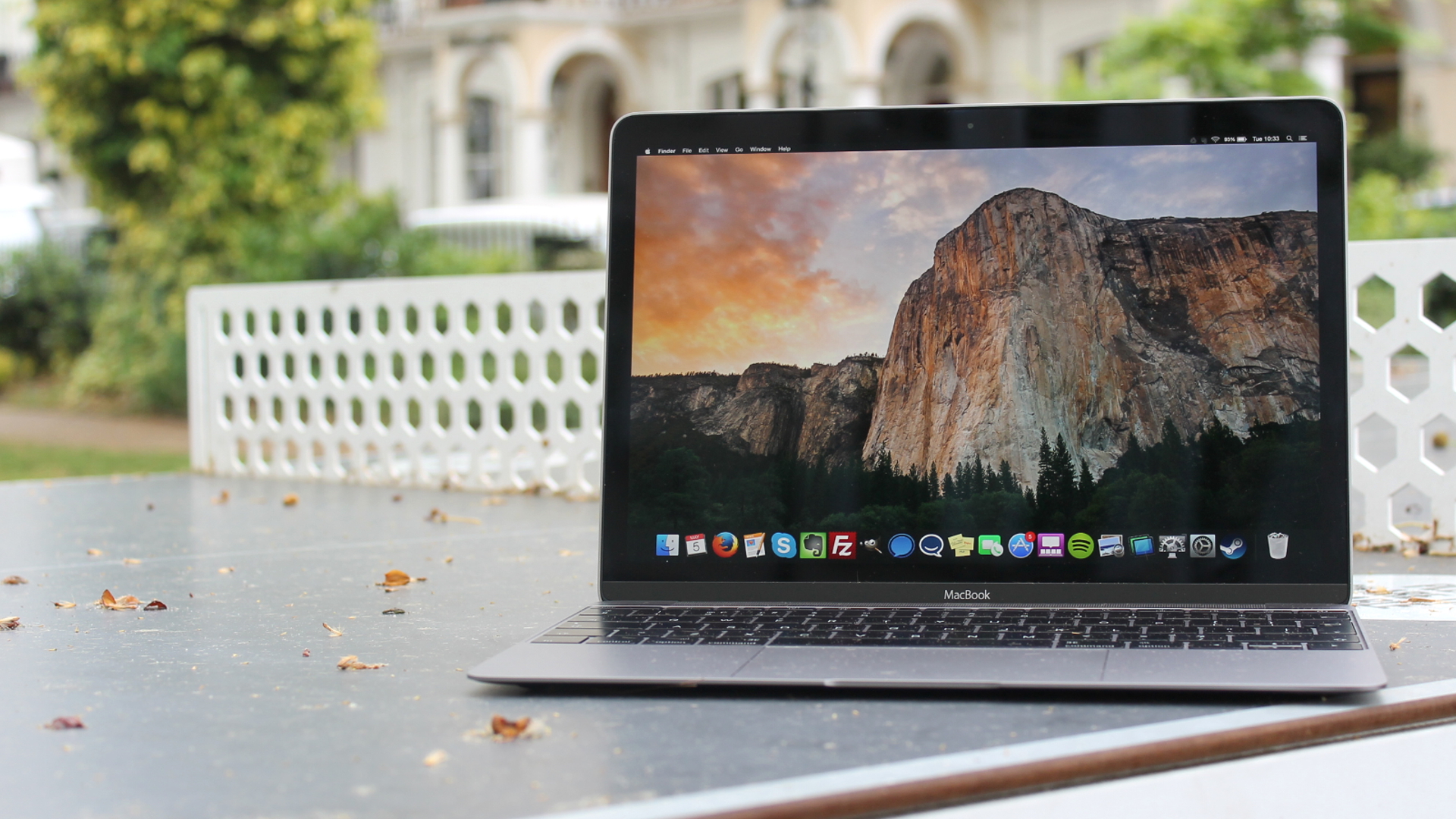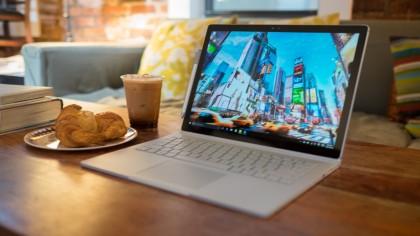Mac or PC: what is the best platform for your small business
Fewer differences than you think

In the days of yore, when wearing flannel was an actual statement of musical taste and White House interns and car chases on California freeways were matters of great cultural concern, "working on the computer" meant working on a PC. Unless you were a graphic designer or editor, the only apple you touched was the red fruit in your lunch.
Of course, apples aren't just apples anymore. They're pods, pads and phones, and increasingly, the machines we do work on too.
Unlike the days of yore, small businesses now have a choice for their offices: Mac or PC (or both) – and it's one that could have repercussions throughout the life of the business.
It's not an easy choice either. What was once a major difference between the two platforms – software – is no longer. Popular office applications are widely available on both.
What then are the big differences between Mac and PC? Here's what your small business needs to keep in mind before taking the platform plunge.
Update: A recent published survey of 500 IT professionals found that 96% of businesses support Macs, compared with just 92% that support PC. Windows tablet support sits at 46%, compared to 81% of IT teams that support iPad.

Cost
It's no secret that Macs are expensive. Does the lack of a "budget" Mac make Apple platforms not budget friendly? Not necessarily.
Are you a pro? Subscribe to our newsletter
Sign up to the TechRadar Pro newsletter to get all the top news, opinion, features and guidance your business needs to succeed!
Small businesses must consider not only the sticker price but also the lifelong maintenance costs of their new machines. And thanks to their dedicated hardware, Macs tend to have a longer lifespan and require less maintenance than their PC counterparts.
PCs tend to be fickle, and the cost of maintaining (and replacing) them may offset their relatively cheap purchase price. Factor in too the productivity lost during repair and PCs may not be the accountant's best friend after all.
Macs are not foolproof. Nor should the savings associated with their reliability be overstated. After all, even if a $500 PC has to be completely replaced within a six-year span (the average lifespan of a PC is three to five years), the total expenditure is still less than that of the cheapest iMac.
The integrated design of a Mac also makes it prickly to repair. Macs are designed to come to the party together and leave the party together. Apple wants its customers to upgrade to the next iteration if one aspect of its hardware malfunctions.
PCs however, swap components like teenagers swap spit. Small businesses won't have to buy an entirely new PC just because a video card thinks it should've been a barbecue grill. Macs may need fewer repairs, but when they do, they can be quite costly.
Ultimately the deciding variable is repair costs – which are difficult for even the clearest of crystal balls to predict. In the final analysis, small businesses should consider PCs and Macs – despite their very different prices – to be similar costs.